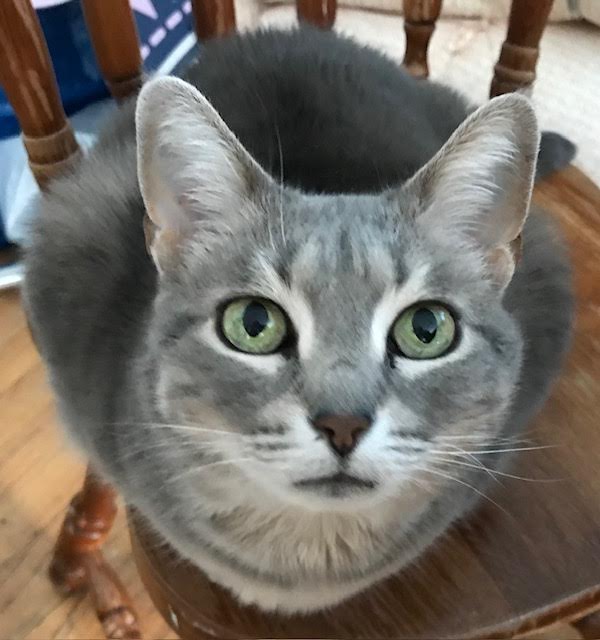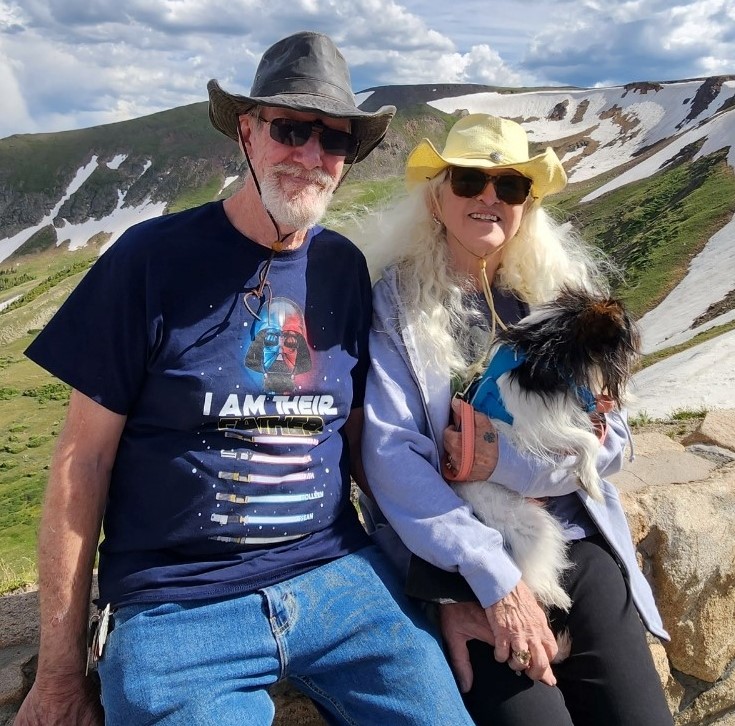This is not only the best picture I ever took, it may very well be the best picture anyone has ever taken. I wanted to enter it in the State Fair amateur photo contest, not because I thought I'd win, but because I was excited about titling it "Stack O' Cats."
One early July day in 2010, I was mowing my "backyard" (40 foot long, four feet wide) and discovered to my chagrin a mother cat (eventually named Mia) and three tiny, tiny kittens inside one of my window wells. My first thought was, "How the hell am I gonna get rid of these things?"
Instead, I called a couple friends, Lisa and Terri, who had cat experience, and we set up a place in my garage for the four of them to stay, at least for awhile.
Naturally, I went out to the garage approximately 237 times a day to look at and play with the kittens and their tired old worn-out mother.
We found homes for the kittens (Lisa took one, a male, and named him higgins, perhaps to prepare him for a life as an English butler.)
The next step was to get Mia spayed, or neutered, or fixed; whatever happens to female cats. She was a little grungy from garage life so Terri had the idea to give her a BATH. That idea lasted about two seconds. Amazingly, we chased her down and instead of heading for parts unknown, she very calmly let us put her in the cat carrier, with an easygoing and trusting nature that belied her youth.









